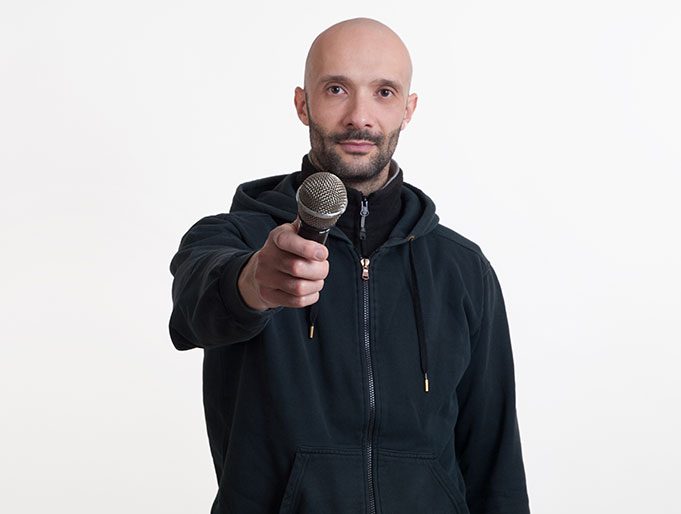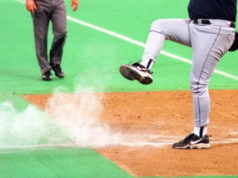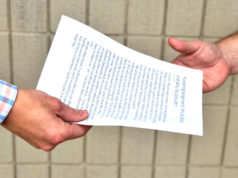When it comes to officials and the media, it might have been legendary major league umpire Bill Klem who said it best. “I don’t explain ’em. I just call ’em,” that was his philosophy.
But was Klem right? Officials who watch what they say — and to whom — before and after games are perceived as competent and impartial and are less likely to have their calls during games challenged. Officials experience more legal difficulties, often from their actions off the court or field, than they do from their actions on the court or field.
Officials have the immense responsibility of rendering split-second decisions on technical matters under complex and confusing rules codes. Those decisions can lead to catastrophic injuries. They can be seen as affecting won and lost records, which in turn, can spell the difference between a job kept and a job lost. When those decisions — and the players or coaches affected — are discussed and dissected by officials in the public forum of the media glare, officials are often seen as less than competent, or worse, less than impartial. For that reason, officiating manuals for high school and college sports have long cautioned referees and umpires that their job description does not include that of “color commentator,” play-by-play analyst or media celebrity.
Public commentary regarding a player injury or the events leading up to it could be used as evidence in a lawsuit.
While that is a hard lesson for some officials to learn, officials who work the game and go home generally are more well-regarded than those who “talk a good game” with gratuitous remarks. Public comment is not only inappropriate, it can be dangerous.
Public commentary regarding a player injury or the events leading up to it could be used as evidence in a lawsuit. Let’s say a referee tells a reporter that he warned Jones three times to stop throwing elbows in the post before the center’s nose was broken. When the center sues, the official shouldn’t be surprised when his interview will be used in court to demonstrate the official’s negligence.
The football referee who goes on the radio to confirm that Bigtown’s linemen were trash talking all afternoon could be the first defendant in a lawsuit. There is little excuse to let those situations happen.
Professional officials frequently explain calls and game situations to the press. Most professional officials are also employees of a business that dictates policies. Pro sports have different goals than high school, college, recreation and youth sports. Those who officiate pro sports are, in many respects, working in the entertainment business. For the rest of us, we are in the “sports are fun, educational and safe” business. There’s a big difference. Professional officials have a depth of sophistication and experience dealing with pro athletes and others in the industry. Although you know you are impartial, reality and perception in the way the public, the players and the coaches regard officials are two different things. If you officiate and go home, you still have done your job.
What's Your Call? Leave a Comment:
Note: This article is archival in nature. Rules, interpretations, mechanics, philosophies and other information may or may not be correct for the current year.
This article is the copyright of ©Referee Enterprises, Inc., and may not be republished in whole or in part online, in print or in any capacity without expressed written permission from Referee. The article is made available for educational use by individuals.

















